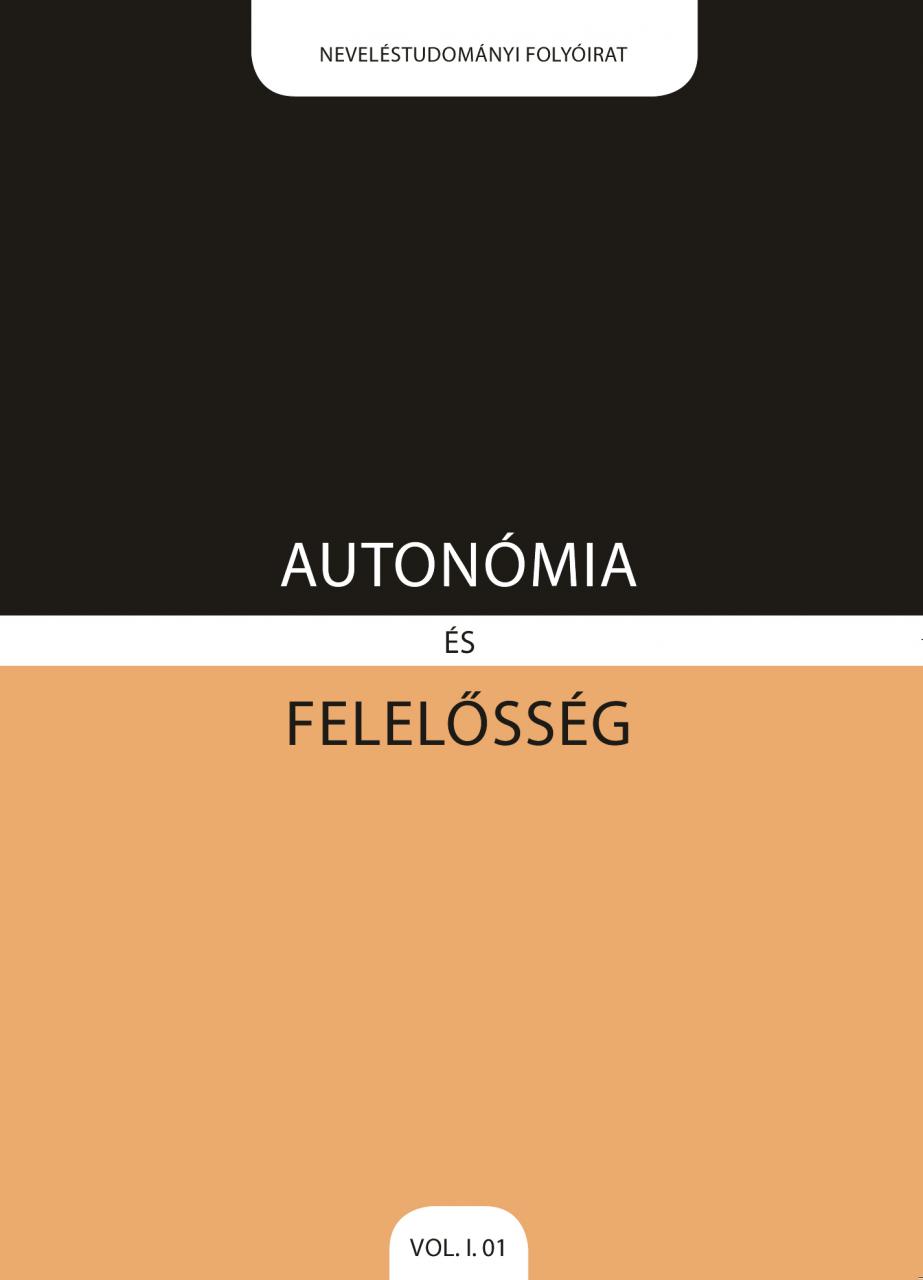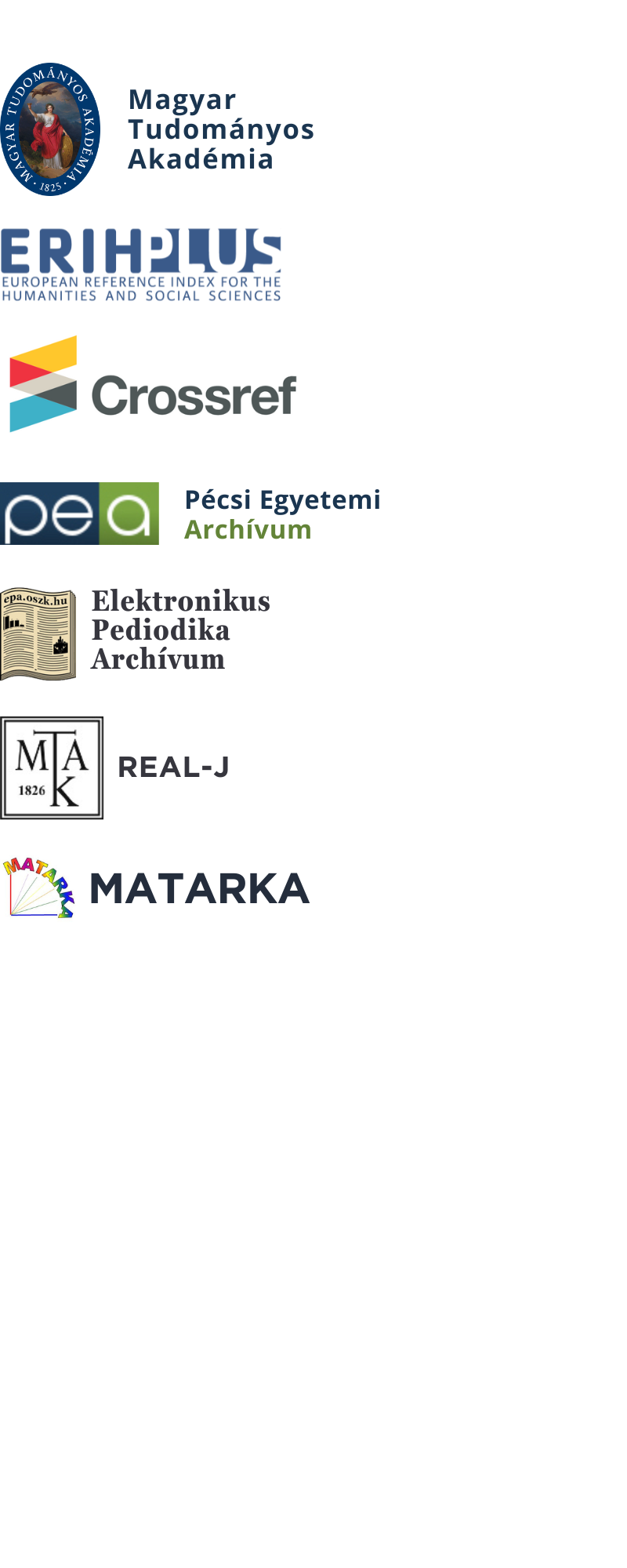An Alternative Theoritical Framework of Diversity in Educational Sciences
DOI:
https://doi.org/10.15170/AR.2015.1.1.3.Keywords:
neurodiversity, plural intelligence concepts, talentAbstract
The present contribution offers a theoretical introduction to concepts rarely known
and realized in Hungarian educational sciences and teacher education. As a consequence of
neurodiversity we may tolerate the value of subjective differences and consider alternative
types of learning described by plural intelligence concepts. This study focuses on three of
these theories: Gardner’s multiple intelligences (MI) theory, Sternberg’s triarchic model and
Dweck’s mindset theory – concerning their possible educational consequences. The author’s
intention is to contribute to the recognition of these ideas in the circles of the Hungarian
speaking professional audience in the Carpatian Basin. The research was realized in the
frames of TÁMOP 4.2.4. A/2-11-1-2012-0001 “National Excellence Program – Elaborating
and operating an inland researcher personal support system.” The project was subsidized by
the European Union and co-financed by the European Social Fund.



